Why Trump pardoned crypto criminal Changpeng Zhao
Binance founder’s tactical pardon shows recklessness is rewarded by the Trump White House
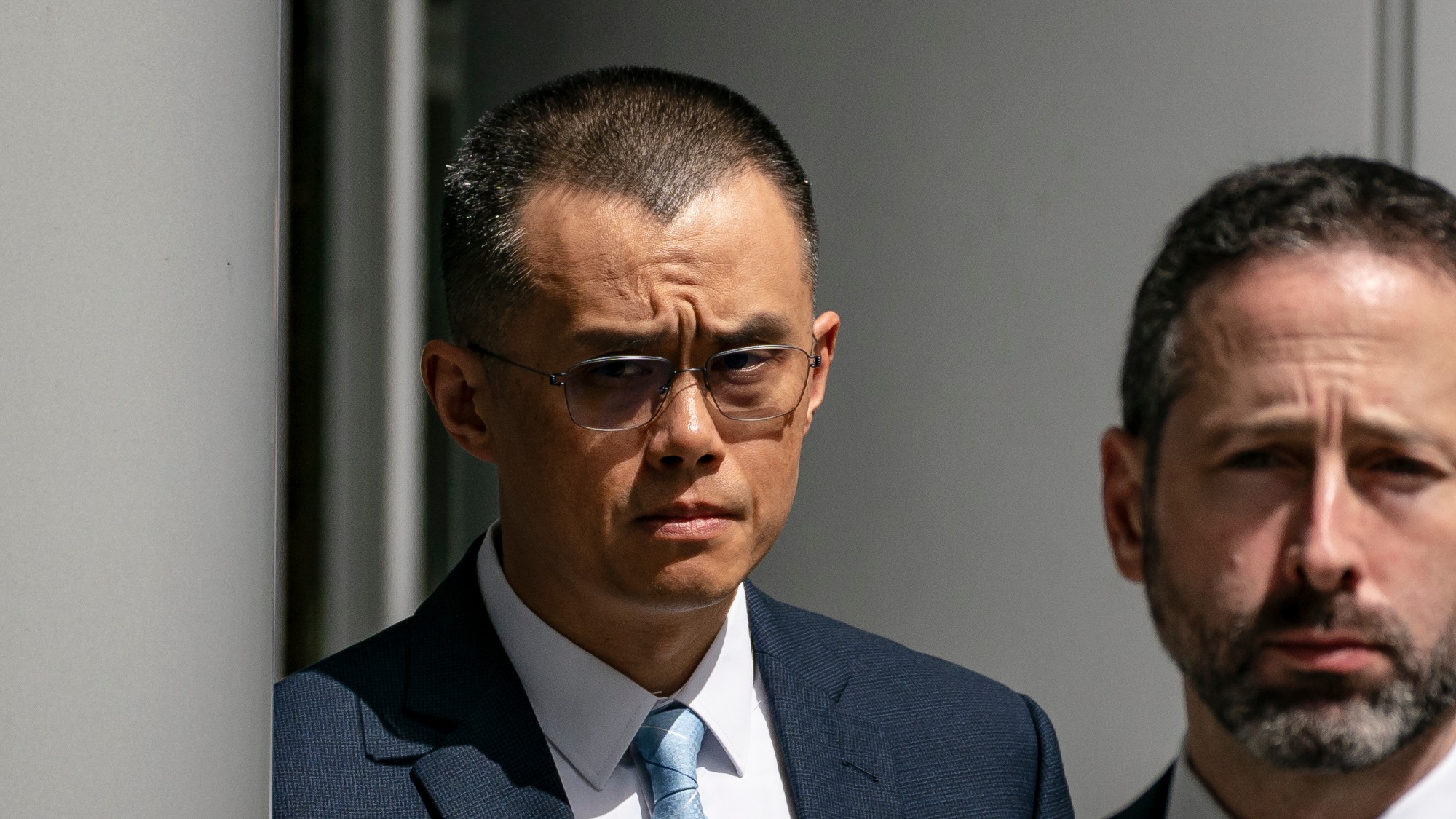
A free daily email with the biggest news stories of the day – and the best features from TheWeek.com
You are now subscribed
Your newsletter sign-up was successful
President Trump took another step into the muck last week, said Jim Geraghty in National Review, with an act “stunning in its shamelessness, recklessness, and moral inversion”: he officially pardoned Changpeng Zhao, the billionaire founder of the global crypto exchange Binance.
There aren’t many financial institutions “willing to do work with al-Qa’eda, Isis, Hamas, ransomware hackers, and kiddie-porn enthusiasts”, but Zhao’s Binance answered the call. Two years ago, however, the Chinese-born Canadian pleaded guilty to money laundering: his company agreed to pay $4.3 billion to the US authorities, and he himself paid a $50 million fine, was banned from running Binance and was sentenced to four months in jail.
But it was Binance – and Zhao still owns the bulk of Binance shares – that wrote the basic code of the “stablecoin” issued this year by World Liberty Financial, the Trump family’s crypto firm. So could his pardon have anything to do with the fact his company “is helping put billions into the Trump family coffers”? Trump has been trying to cast Zhao’s prosecution as a Biden-era crypto witch-hunt, said Max Chafkin on Bloomberg. That doesn’t really wash, seeing as how court records reveal that Binance executives openly “joked about Hamas operatives using the service to buy weapons”.
The Week
Escape your echo chamber. Get the facts behind the news, plus analysis from multiple perspectives.

Sign up for The Week's Free Newsletters
From our morning news briefing to a weekly Good News Newsletter, get the best of The Week delivered directly to your inbox.
From our morning news briefing to a weekly Good News Newsletter, get the best of The Week delivered directly to your inbox.
Trump is actually on an unprecedented “run of pardoning financial crooks”, said Alex Kirshner on Slate. He has already “pardoned or commuted the sentences of 18 people or companies... guilty of fraud”. They include Trevor Milton, who cheated investors in his electric truck company Nikola, and Ross Ulbricht, who had been serving two life sentences for operating the dark-web drug marketplace Silk Road.
Pardoning Zhao invites a key player back into the “casino economy”, said Kyla Scanlon in The New York Times. Trump campaigned on the idea of rebuilding US manufacturing; instead he has helped create an economy “built on speculation and risk”. The biggest winners are the creators of pointless crypto tokens and companies selling grand promises about the future of artificial intelligence.
Trump’s Republicans have attacked the institutions that help cushion risk, such as the Federal Reserve, and have cut back the social safety net to fund corporate tax cuts. Ordinary folk “bear the downside risk, while corporations and the wealthy collect the upside”. But that’s the casino economy for you: at the casino, “the house always wins”.
A free daily email with the biggest news stories of the day – and the best features from TheWeek.com
-
 Political cartoons for February 15
Political cartoons for February 15Cartoons Sunday's political cartoons include political ventriloquism, Europe in the middle, and more
-
 The broken water companies failing England and Wales
The broken water companies failing England and WalesExplainer With rising bills, deteriorating river health and a lack of investment, regulators face an uphill battle to stabilise the industry
-
 A thrilling foodie city in northern Japan
A thrilling foodie city in northern JapanThe Week Recommends The food scene here is ‘unspoilt’ and ‘fun’
-
 Are AI bots conspiring against us?
Are AI bots conspiring against us?Talking Point Moltbook, the AI social network where humans are banned, may be the tip of the iceberg
-
 Silicon Valley: Worker activism makes a comeback
Silicon Valley: Worker activism makes a comebackFeature The ICE shootings in Minneapolis horrified big tech workers
-
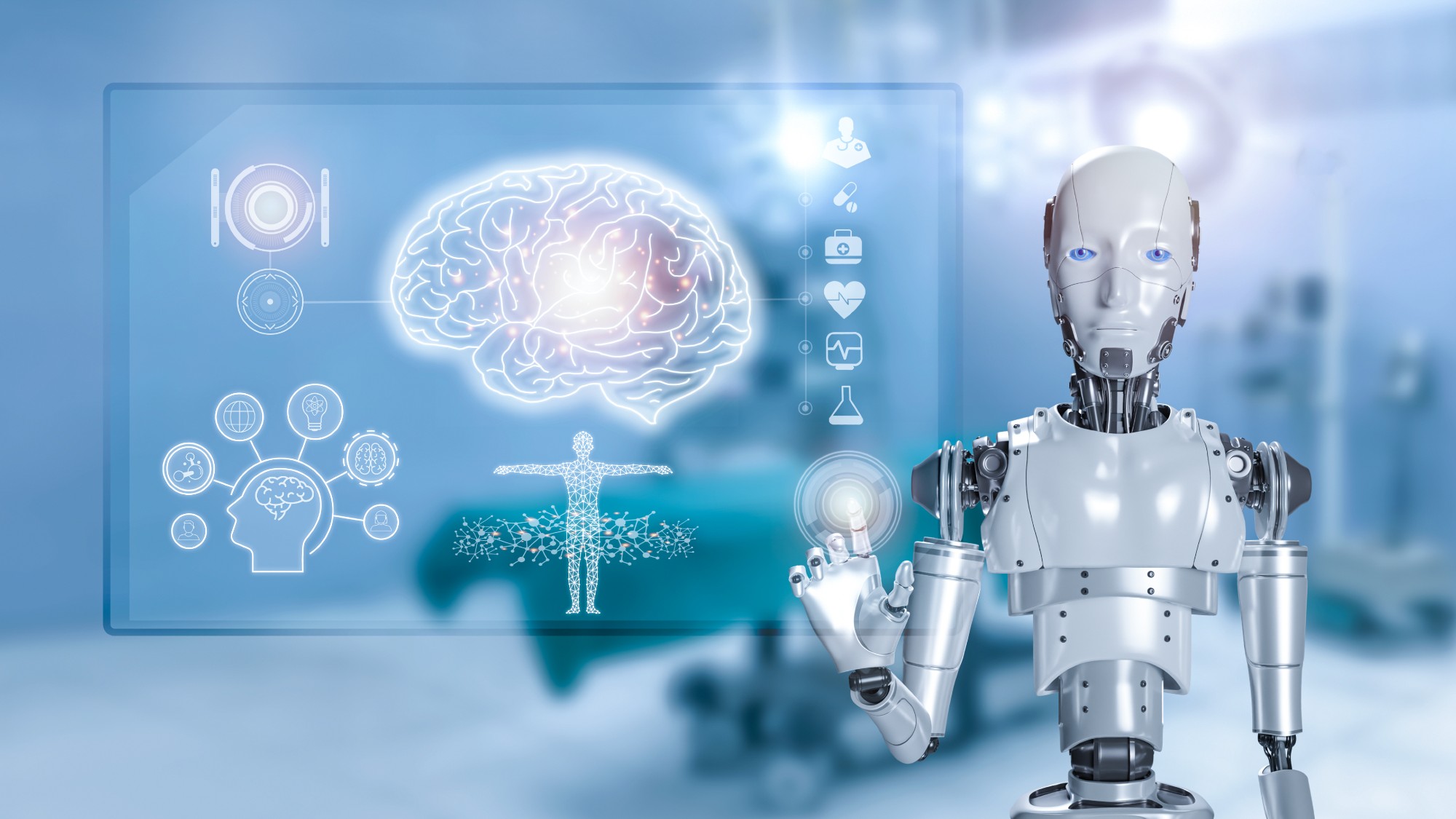 AI: Dr. ChatGPT will see you now
AI: Dr. ChatGPT will see you nowFeature AI can take notes—and give advice
-
 Metaverse: Zuckerberg quits his virtual obsession
Metaverse: Zuckerberg quits his virtual obsessionFeature The tech mogul’s vision for virtual worlds inhabited by millions of users was clearly a flop
-
 The robot revolution
The robot revolutionFeature Advances in tech and AI are producing android machine workers. What will that mean for humans?
-
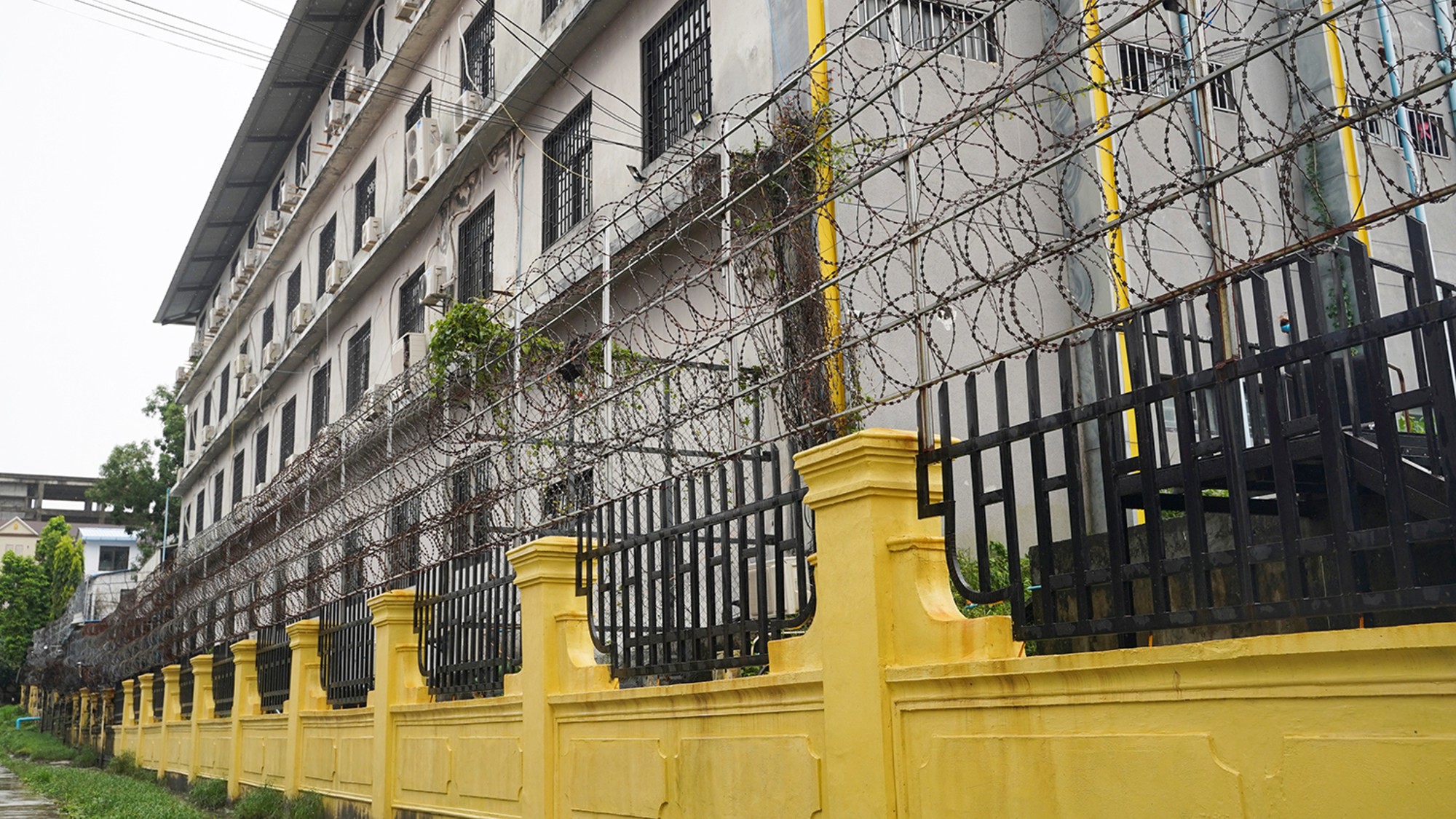 Texts from a scammer
Texts from a scammerFeature If you get a puzzling text message from a stranger, you may be the target of ‘pig butchering.’
-
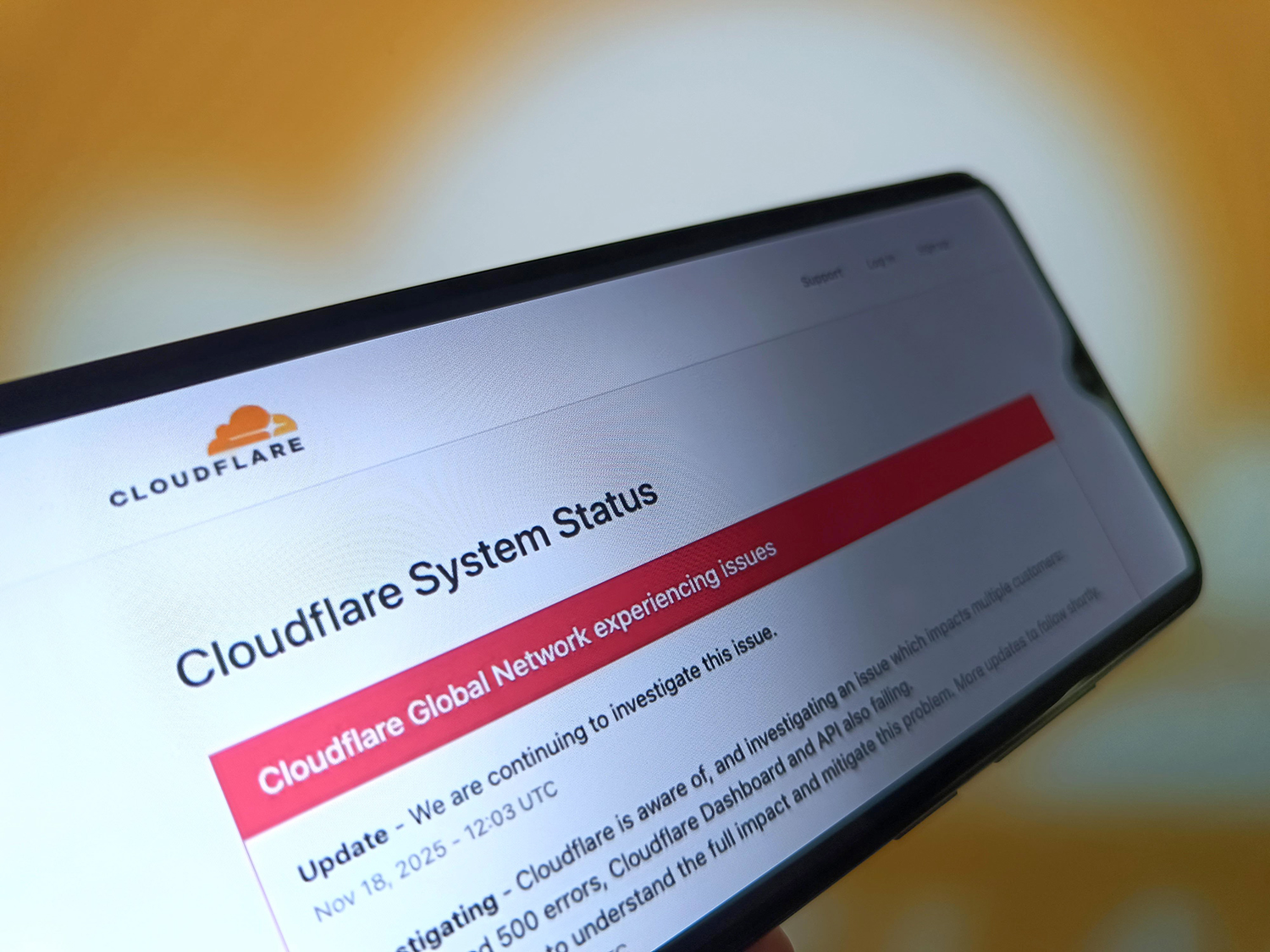 Blackouts: Why the internet keeps breaking
Blackouts: Why the internet keeps breakingfeature Cloudflare was the latest in a string of outages
-
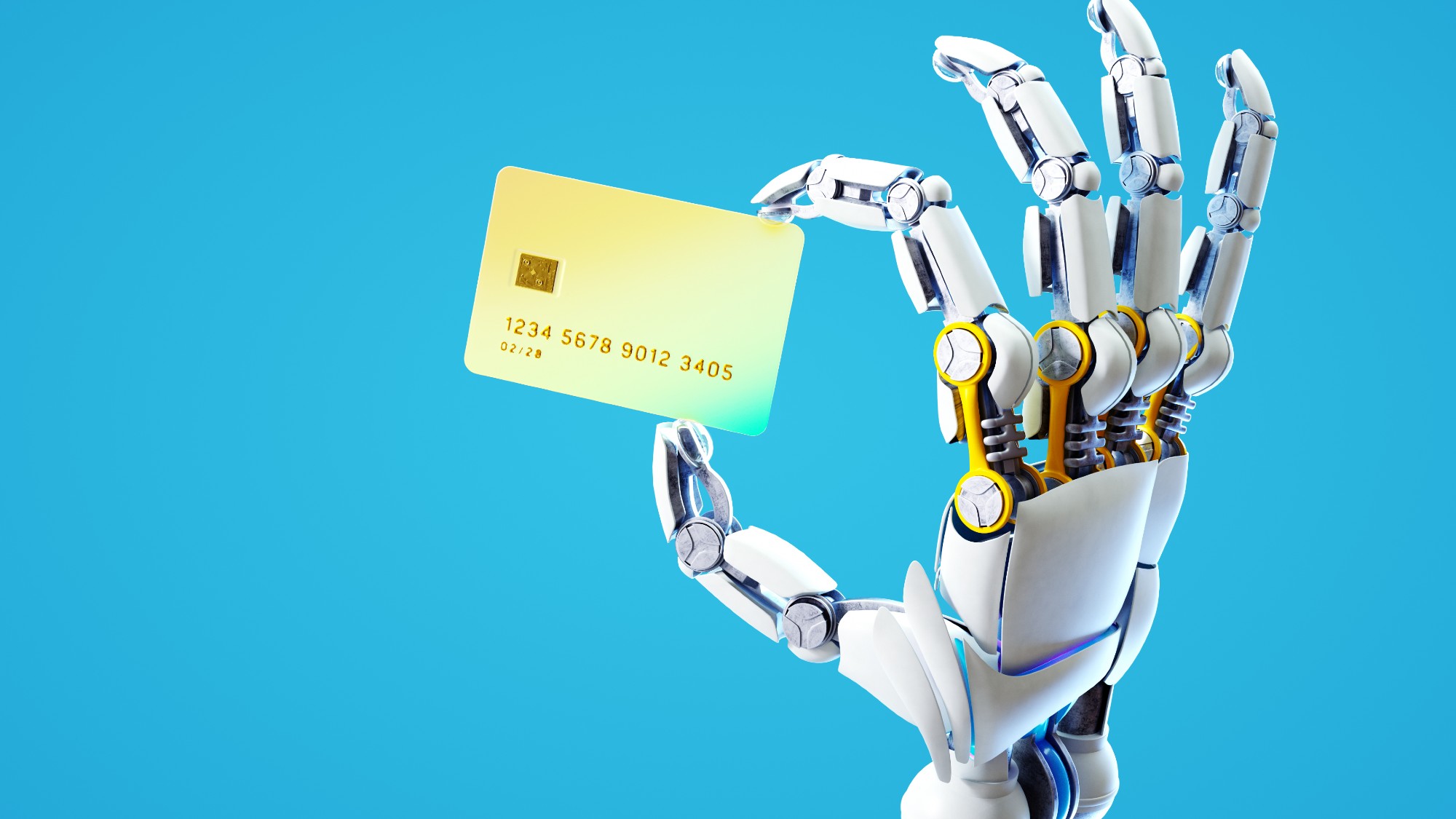 AI agents: When bots browse the web
AI agents: When bots browse the webfeature Letting robots do the shopping